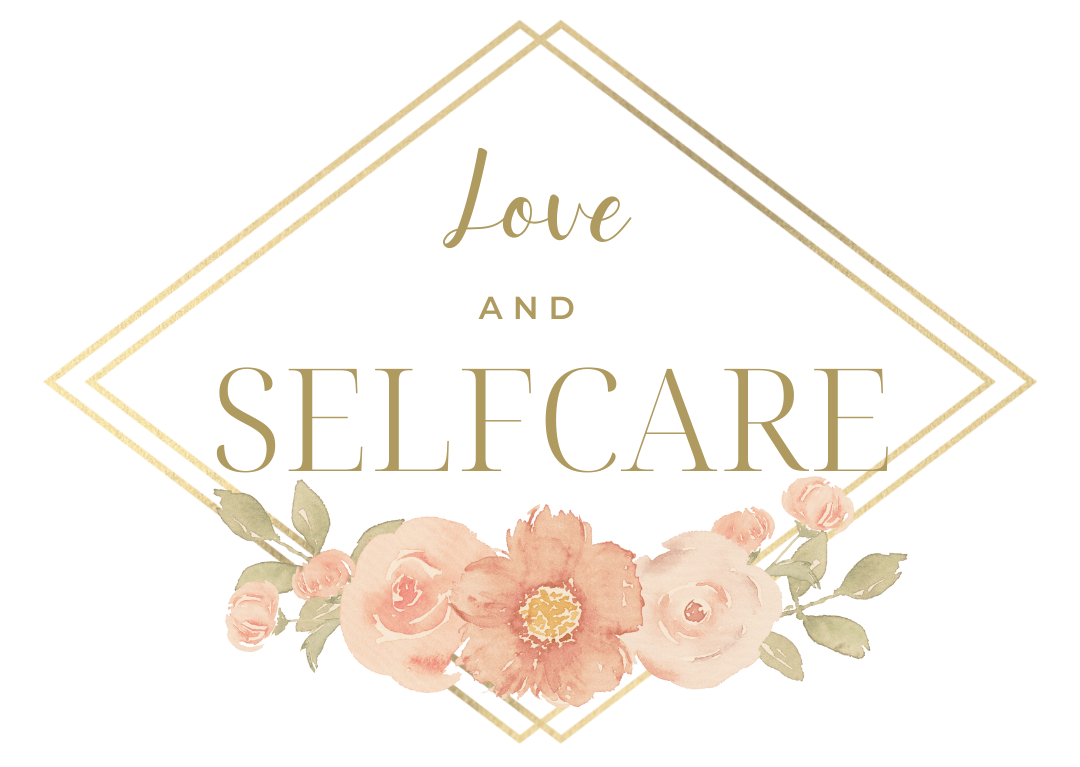Journaling Ideas for Anxiety: How to Reduce Stress and Find Calm
Anxiety can be a debilitating condition, affecting not only our mental state but also our physical health. It can cause us to feel stressed and overwhelmed, and make it difficult to concentrate or sleep.
While medication and therapy are often the go-to methods for treating anxiety, there are also many natural remedies that can help.
One of these is journaling. Journaling has been shown to be an effective way to reduce stress levels and find calm. In this blog post, we will discuss 9 journaling ideas for anxiety that you can try out!
Journaling can be a great way to deal with anxiety for several reasons.
First, it can help us to identify and understand our thoughts and feelings. This can be especially helpful in cases of panic attacks or intrusive thoughts, as it can allow us to see that these thoughts are just that – thoughts, and not reality.
Journaling also allows us to express our emotions in a safe and private space.
This can be very therapeutic, as it can help us to release any negative feelings we may be harboring. Finally, journaling helps us to focus on the present moment. When we are caught up in anxious thoughts, it can be difficult to stay in the present. But by writing down what is happening around us at the current moment, we can train ourselves to stay focused on the here and now.
Journaling is a flexible practice, so there are many different ways that you can use it for anxiety relief. Here are nine journaling ideas for reducing stress:
Gratitude List: Gratitude has been proven time and again as one of the best antidotes for anxiety (it even beats anti-anxiety medication!). By writing down what we’re grateful for, it helps us to shift our focus from the negative aspects of life towards those things that bring joy or happiness into our lives.
It’s also important not to get caught up in comparison; just because someone else may have more money or better health than you doesn’t mean they’re less deserving of gratitude. So, take some time each day to write down at least three things that you’re grateful for, no matter how small they may seem.
Mindfulness Journal: Mindfulness is the practice of paying attention to the present moment with openness and curiosity. It can be helpful in reducing anxiety because it allows us to step back from our thoughts and observe them without judgement.
A mindfulness journal can help us to cultivate this habit by providing a space where we can document our thoughts and feelings as they arise. We can then use this information to reflect on our progress over time, and see which techniques work best for us in terms of managing anxiety.
Daily Routine Journal: When we’re feeling anxious, one of the things we often lose sight of is our daily routine. This can be especially true for people who have panic attacks or OCD, as their routines often become disrupted by intrusive thoughts or compulsions. A daily routine journal can help to restore some order and stability to our lives. It can also be a helpful tool for identifying any patterns in our anxiety, so that we can work on addressing them.
Anxiety Attack Journal: When we’re experiencing an anxiety attack, it’s not always easy to know what’s going on or why it’s happening.
By keeping an attack journal, we can document the symptoms we experience, the triggers that set off the attack, and how long it lasts. Over time, this information can help us to identify patterns in our anxiety and learn to manage it more effectively.
Worry Journal: For some people, anxiety can manifest as constant worrying about past or future events.
This can be especially true for those with Generalized Anxiety Disorder (GAD) or Obsessive-Compulsive Disorder (OCD), both of which involve excessive worry and fear. By keeping a worry journal, we can write down all our worries whenever they arise so that we don’t have to hold onto them in our mind any longer than necessary.
Then, every day at a set time (such as before bed), we read back over what’s been written and decide whether each one needs further attention right now – if not, then let it go! If yes, then make a plan for how to address it.
Dream Journal: Dreams can be a great source of insight into our subconscious minds, and they can also provide helpful clues about the anxieties we’re struggling with.
By keeping a dream journal, we can document all our dreams as soon as we wake up (or even during the night if we wake up frequently). This will allow us to look for patterns or themes in our dreams that may be related to our anxiety.
Fears and Phobias Journal: If there are certain things that trigger an intense fear response or make us feel anxious, it can be helpful to keep track of them in a fears and phobias journal.
This way, we can start to see which situations tend to cause the most anxiety for us and learn how to manage them better.
Wrapping Up:
Anxiety can be a difficult thing to deal with, but by using some of the techniques mentioned above, we can start to get our lives back on track.
Remember to focus on one technique at a time and don’t try to do them all at once – this is a process that takes time and patience.
And most importantly, be kind to yourself along the way! You’re doing the best you can. 🙂
